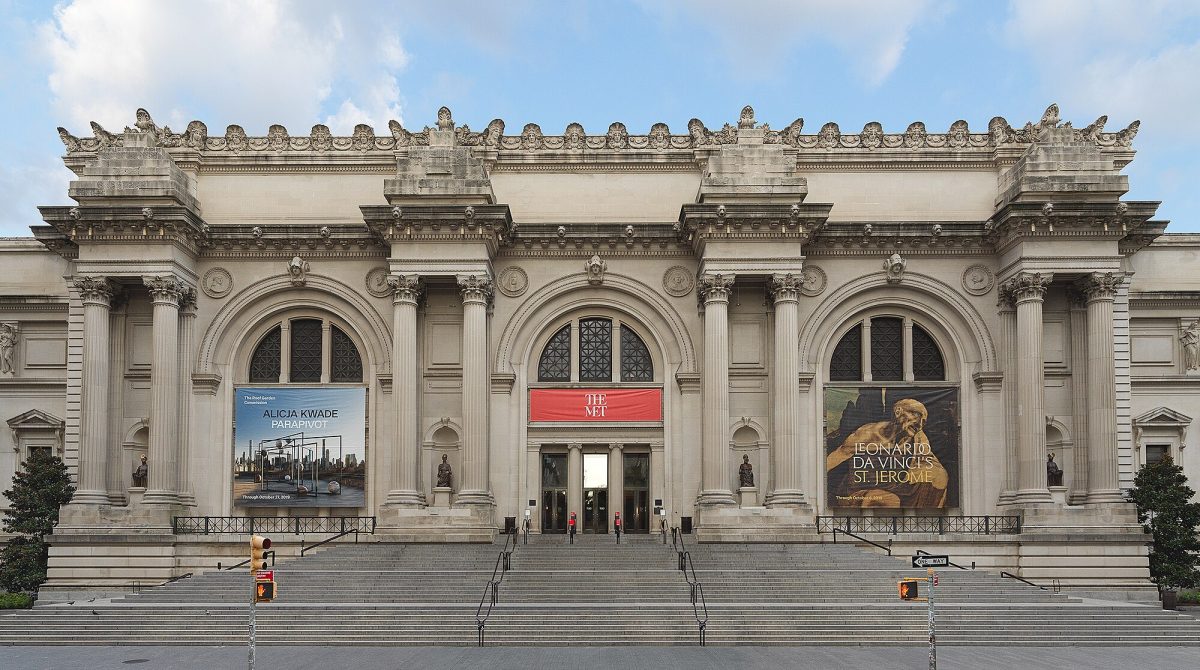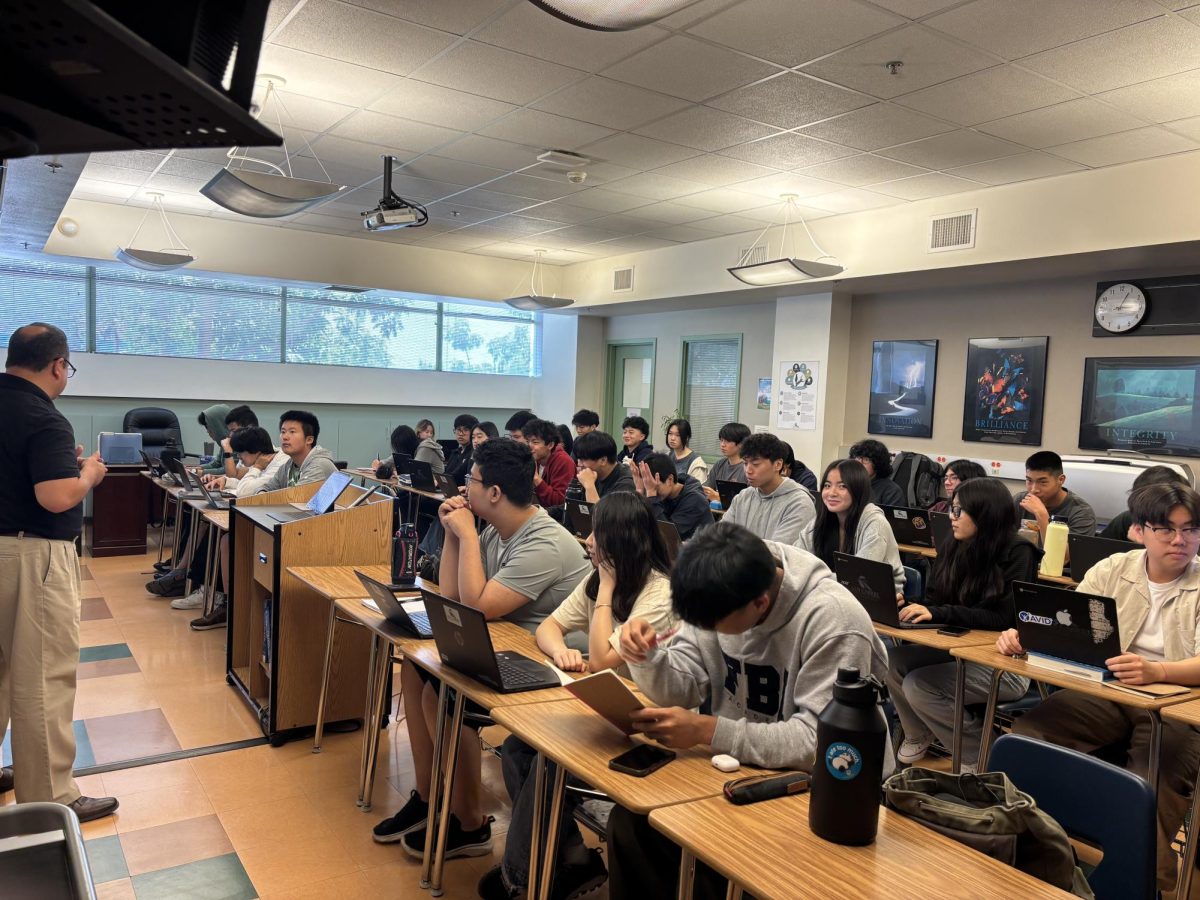By Teresa Wong | Staff Writer
With 5 billion viewers projected to tune into the FIFA World Cup in Qatar on Sunday, an increasingly globalized, lucrative, and controversial business now defines sports culture. However, the stimulation that comes with it can be found in the present community.
Large-scale global sporting events may be enthralling, but they come at a heavy cost. Qatar, for instance, has prepared $36 billion dollars worth of Metro systems, seven new stadiums, and scores of shuttle flights in the past decade for its 1.3 million expected visitors. Local matches, on the other hand, do not require the construction of entire stadiums and the complete reworking of a city’s infrastructure to maintain the same spirit.
In 2012, four out of six countries bidding to host the 2022 Winter Olympics withdrew from the vote, citing high costs and lack of local support.
Another highly profitable industry: fantasy sports.
As a multi-billion dollar market, one should have expected something more grandiose than middle-aged people drafting imaginary teams of actual players, all while pouring over the specs and betting on their performances. This obsession with make-believe gameplay detracts from the actual event, serving as an unhealthy introduction to gambling for younger participants.
Even so, large institutions are the biggest cause for concern.
Groups such as the IOC (International Olympic Committee) have faced countless allegations of corruption and censorship for decades. The games themselves are also rife with controversies, such as tensions over athletes’ political agency and accusations of sports washing, most recently seen with the 2022 Winter Olympics.
What was once limited to the abstract notion of “recreational pastime” has since spiraled into an aggressive race for revenue and venues, partnerships and broadcasters – all of which are essential for viewership.
An emphasis on small-scale, domestic competition can curb that.
There is far more appeal in watching Gabrielino sports teams in-real-time than huddling around a TV screen during a touchdown. Even squatting on the sidelines watching schoolmates play handball proved to be a more fulfilling experience.
This is not to say that athletes should be robbed of the incredible opportunity to play overseas. However, one cannot help but acknowledge the difference between those who play for money, and those who play for recreation.
Call it traditionalist, wistful, or idealistic – there is no denying that. What is undeniable, however, is the inevitable state of commercialized sports. While sports has the capacity to unite international athletes, it has done so with profiteering in mind, and little regard for the intrinsic values that these tournaments were supposedly built on.






